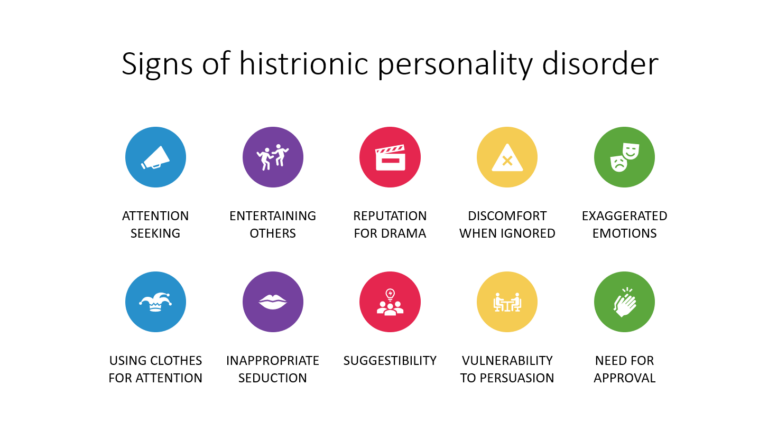Identifying Our Thoughts
Personality disorders are harmful to persons and their relationships — justifying acting out negative thoughts. A personality disorder destroys relationships because the disorder is a long-term experience and takes an extreme amount of patience and tolerance. However, this should not discourage persons with a personality disorder and those around them. We should learn about the disorder and how we can help those who are suffering from it. Personality disorders are discussed in more detail on many other medical sites. You can learn more by exploring the resource below.
- Paranoid Personality Disorder:
- Constant mistrust and suspicion of others
- The belief that others are trying to harm, threaten, and deceive them
- Schizoid Personality Disorder:
- Indifferent and distant to social relationships
- Preference to being alone
- Schizotypal Personality Disorder:
- Unusual thinking, behavior, and appearance
- Often odd and superstitious
- Antisocial Personality Disorder:
- Often called “sociopaths” or “psychopaths”
- Aggressive and unable to abide by society’s rules
- Often commit crimes and lack remorse
- Borderline Personality Disorder:
- Unstable moods, poor self-image, problematic relationships
- Impulsive behavior (reckless driving, over-spending)
- Histrionic Personality Disorder:
- Shallow, attention-seekers
- Dramatic, childish
- Narcissistic Personality Disorder:
- Sense of Superiority
- Attention-seekers
- Lack Empathy
- Fragile self-esteem
- Avoidant Personality Disorder:
- Deep fear of being judged
- Avoids social contact
- Dependent Personality Disorder:
- Feeling of helplessness
- Needs constant reassurance
- Try to please another person
- Clinginess, fear of separation
- Obsessive-Compulsive Disorder:
- Strong fear of making mistakes
- Need for control and orderliness
- Difficulty finishing tasks, extreme attention to details
Diagnosis of personality disorders is extremely difficult as some disorders have similar traits. In addition, finding the cause of these disorders is just as difficult due to the wide range of possible determinants. Researchers have found both genetic and environmental factors contribute to personality disorders. Some of these risks are:
- Genetics
- Childhood Trauma
- Verbal Abuse
- High Sensitivity
- Peers

Unfortunately, personality disorders are often left untreated because of the severity of the disease and how little is known about how these disorders change our brains. However, there are methods to reduce symptoms and find peace: medication and psychotherapy. Additionally, people with personality disorders should be supported by other people — friends, family, or a support group.
Cognitive-behavioral therapy is a method to help individuals identify and reform their distorted beliefs and negative thought patterns. Ultimately, the goal is to promote a more positive and empowering mindset within the individual.
DBT takes practices of CBT and combines them with Eastern ideals. These ideals include mindfulness, stress tolerance, and emotion regulation. Conclusively, this form of therapy is designed to encourage people to act with balance instead of the extremes that their disorders cause them to.
Medication aids in reducing the symptoms of personality disorders, but it is important to know that medication does not provide a “cure.” There are different types of medication that are usually prescribed for treating personality disorders: antidepressants, anticonvulsants, antipsychotics, and mood stabilizers.
Test Your Knowledge
Sources:
APA. “What Causes Personality Disorders?” American Psychological Association, American Psychological Association, 2010, www.apa.org/topics/personality-disorders/causes.
Cleveland Clinic, “Personality Disorders,” https://my.clevelandclinic.org/health/diseases/9636-personality-disorders-overview.
*This site content is provided for informational purposes only and does not intend to substitute professional medical advice, diagnosis, or treatment. If you have medical questions and/or concerns, please contact a medical professional.

